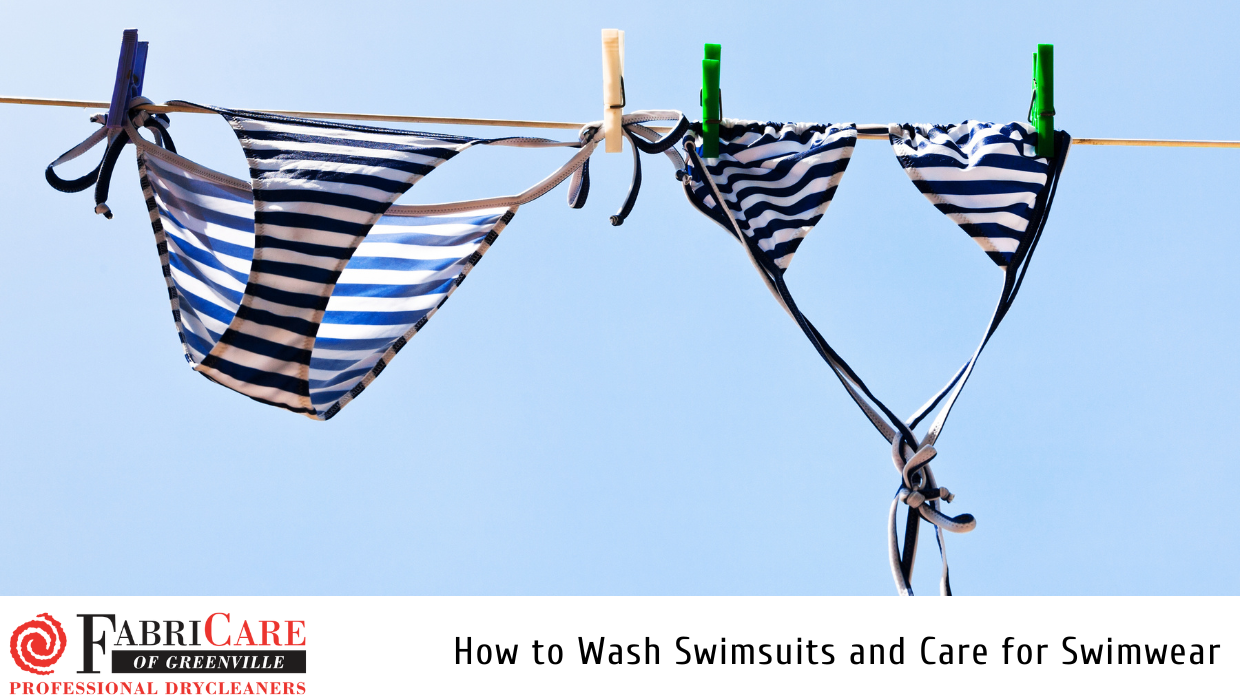

Swimsuits are not just another piece of clothing. They often come with hefty price tags and are made from delicate, stretchy fabrics to endure water, chlorine, salt, and sun. Yet, proper care is essential to make them last more than just a single season. Whether you’re taking laps at the pool, lounging on the beach, or heading back from a tropical vacation, learning how to wash swimsuits can save you time, money, and heartbreak over ruined swimwear.
This guide dives into the essentials of washing swimsuits and caring for swimwear. From rinsing right after a swim to proper storing methods, we’ll cover everything you need to know to keep your favorite swimwear in pristine condition.
Quality swimsuits are specifically designed to handle the wear and tear of water activities. However, they’re far from invincible. The sun fades colors, chlorine stretches fibers, and saltwater can leave pesky residues. Over time, these elements can degrade your swimsuit if special attention isn’t given to its care. Caring for your swimwear can extend its lifespan, preserve its elasticity, and reduce pilling or discoloration.
The good news? You don’t have to spend hours maintaining them. A few small tweaks to your post-swim routine can make all the difference.
Swimming often exposes your swimsuit to chlorine, saltwater, sunscreen, and sweat, all of which can compromise the fabric. To prevent long-term damage, always rinse your swimsuit as soon as possible after getting out of the water.
Skipping this step can allow chemicals, salt, and oils to linger in the fibers, leading to a faded, stretched-out suit over time.
Hand washing and machine washing are both options when caring for swimsuits, but the wrong choice can reduce the lifespan of your swimwear.
Hand washing is the safest and most effective way to wash swimsuits. It gives you full control over the process, ensuring the delicate fabric doesn’t face harsh agitation or chemicals. Here’s how:
Machine washing is not recommended for delicate swimwear, but if you’re pressed for time, it can be done with precautions:
While convenient, machine washing can increase wear and tear, so hand washing should be your primary method whenever possible.
Believe it or not, the detergent you choose plays a significant role in swimsuit care. Regular laundry detergents are often too harsh for swimwear, breaking down the fabric over time.
Using the right detergent ensures your swimsuit stays vibrant and stretchy.
How you dry your swimsuit is just as important as washing it. The wrong technique can lead to stretched-out fabric or mildew growth.
Drying your swimwear properly helps maintain its shape and texture.
Where and how you store your swimsuits during the off-season or between swims also affects their longevity.
Proper storage prevents unnecessary damage and ensures your swimwear is ready for its next dip.
Taking a little extra care with your swimsuits goes a long way in preserving their beauty and functionality. By following these steps, you’ll protect your swimwear from damage and keep it looking fresh for summers to come.
If you’re looking for professional help with cleaning or maintaining delicate fabrics, contact Fabricare of Greenville. Our experts specialize in dry cleaning and fabric care to keep your wardrobe in top shape. Reach out today for quality garment care tailored to your needs.